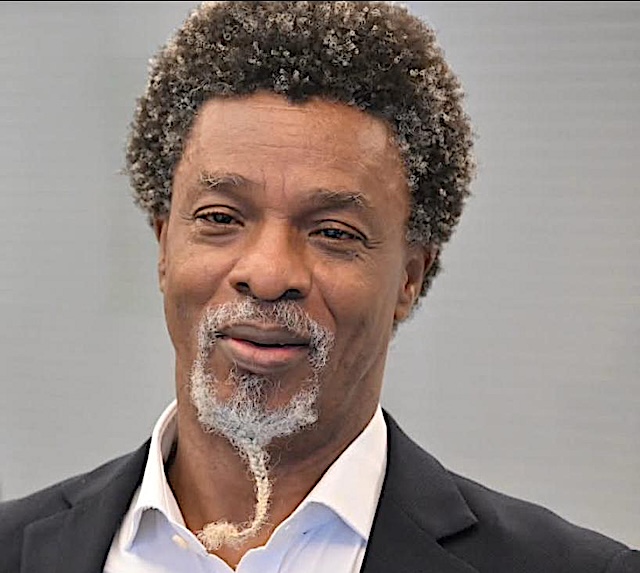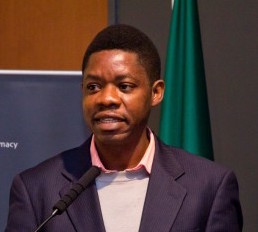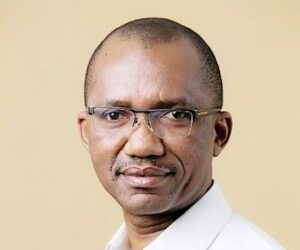The global response to Israel’s two-year war against fighters of The Islamic Resistance Movement (better known by its Arabic acronym, Hamas) in Gaza, underscores an old, and in today’s much changed circumstance, very useful question: “Where does the line between anti-Semitism and criticism of Israel’s handling of the war in Gaza lie – and how thick is this line?”. How this question is answered is at the heart of the ongoing battle being waged by ultra-right political movements against democracies worldwide. Hate crimes, including all portrayals of certain groups (immigrants, ethnic or religious minorities, LGBTQ+ people, “elites”, etc.) as illegitimate or dangerous, are wrong. They harm people. They make nonsense of the notion of inclusive citizenship. Equally, Israel’s management of the Gaza assault – war, it is definitely not – in response to Hamas’ barbaric attack on it two years ago has been everything but good hearted.
Fine distinctions aplenty? Yes. And these lend muscle to the fact that populist nationalist movements do not emerge in a vacuum. Always, they amplify (if not exaggerate) legitimate grumbles – economic insecurity, cultural dislocation, or mistrust of political elites. While this explains the current global proliferation of these movements, today’s remarkable coming together of pain points has constrained traditional political movement’s ability to manage them.
The old parties of right, left, and centre have not been helped by transitions in the global economy. China’s rise is, arguably, the pachyderm in the tea set shop. It used to be that China produced cheap manufacturing baubles. Today, from renewables, through electric vehicles, to advanced research, it threatens traditional centres of manufacturing. Anyway, at the lower end of production possibilities, manufacturing had already fled Europe and North America to lower-cost Asian locations. And technological changes are altering the face of manufacturing, too. It no longer needs as many factory hands as it once did to produce more of improved varieties of goods and services. Add to this a world where globalisation has made labour increasingly as footloose as capital.
The ultra-right response to this bouquet of social and economic problems has been to try to redefine the core meaning of democracy by hacking away at its liberal foundations. From the US’ MAGA Movement, through Brazil’s Bolsonaristas, to Germany’s Alternative für Deutschland (AfD), far-right movements tend to emphasise majoritarian rule — the idea that the will of the majority is absolute — while downplaying the importance of liberal safeguards such as minority rights, an independent judiciary, and a free press. In this view, democracy is offered anew to the electorate as a system of domination by “the people”, narrowly defined, rather than a framework for inclusive representation and pluralism.
The presentation of immigrants, religious minorities, and other marginalised groups as outsiders or threats, central to all of this, often comes off as a poorly tacked on afterthought. As with Nazism, Fascism, and Stalinism (amongst a plenitude of such isms) ultra-right ideologies erode the notion of equal citizenship on which democratic legitimacy depends. Furthermore, their populist arguments — contrasting the “pure people” with “corrupt elites” — delegitimises opposition parties, experts, and independent institutions, thereby shrinking the space for disagreement and deliberation.
Thus, threatened by these worldviews, ought democracies to ban them? Not too long ago, women’s right to vote was rejected as injurious to democracies, as was the notion of an equal vote for every human. Our progress as societies have been forced on us by a succession of fringe movements whose persistent advocacy has made accommodation with injustices and errors increasingly impossible. To ban, therefore, views that cause discomfort even to most people is the gradual democratic backsliding that invariably leads to the entrenchment of illiberal governance.
If democracy shoots itself in the foot by banning views that it currently finds repellent, might it be better off inoculating itself against such views? In the end, the task environment posed by the ultra-right is not merely electoral but philosophical. It forces societies to confront the tension between popular sovereignty and liberal pluralism — between the will of the majority and the protection of all. Defending democracy, therefore, requires not only institutional resilience but also a renewal of the moral and civic commitment to tolerance, inclusion, and truth. These are old problems that in our social media era, with its proliferation of alternative news platforms, cry for new solutions.
Over the next decade, at least, political discourse is not about to become more deliberative and less adversarial. Conspiracy theories and deliberate misinformation will continue to chip away at trust in traditional media and public institutions. Citizens are much likelier to lose faith in democracy itself. All of this will burden global human rights regimes and embolden authoritarian actors everywhere.
Only by addressing the economic and social insecurities that fuel extremist politics, while firmly upholding democratic values, can societies meet this challenge without compromising their principles.
Uddin Ifeanyi, journalist manqué and retired civil servant, can be reached @IfeanyiUddin.









